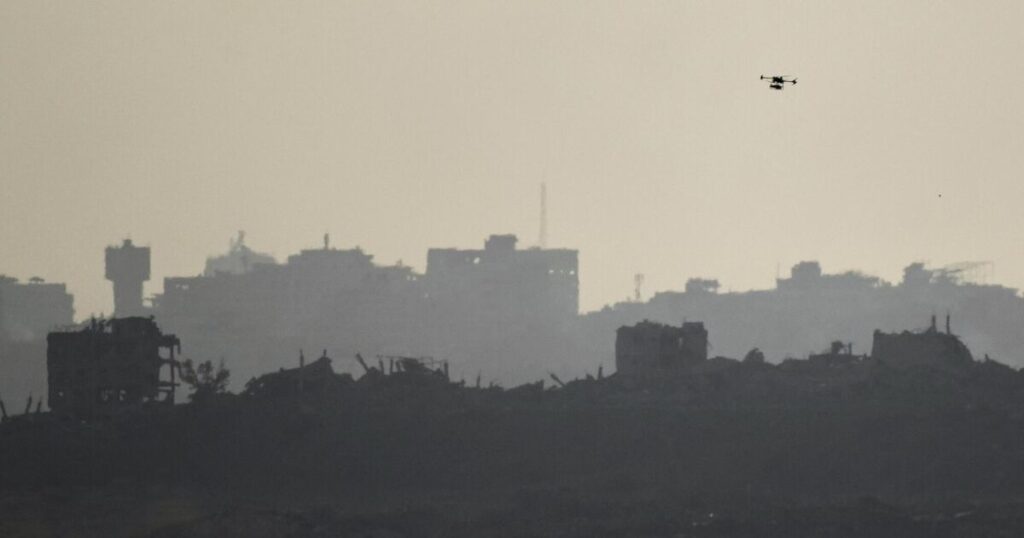European officials have reached a new agreement with Israel aimed at facilitating the delivery of essential food and fuel to Gaza, according to the European Union’s foreign policy chief.
This announcement coincides with a perceived decline in the prospects for a near-term ceasefire agreement, as Israeli Prime Minister Benjamin Netanyahu prepares to depart Washington following meetings with US President Donald Trump.
Despite the fading ceasefire prospects, US officials remain optimistic that progress can be made by restarting high-level negotiations, mediated by Egypt and Qatar with involvement from White House envoy Steve Witkoff.
“We’re closer than we’ve been in quite a while and we’re hopeful, but we also recognise there’s still some challenges in the way,” US Secretary of State Marco Rubio told reporters during a stop in Kuala Lumpur, Malaysia.
According to Kaja Kallas, the EU’s top diplomat, Thursday’s agreement could lead to “more crossings open, aid and food trucks entering Gaza, repair of vital infrastructure and protection of aid workers.”
“We count on Israel to implement every measure agreed,” she stated in a social media post.
Aid organizations report that Israeli military restrictions coupled with persistent violence have hampered aid delivery to Gaza, even after Israel eased its comprehensive, two-and-a-half-month blockade in May.
Experts have warned that the territory faces the risk of famine, now 21 months into the Israel-Hamas conflict.
Ms. Kallas said the agreement will reactivate aid corridors from Jordan and Egypt and will reopen community bakeries and kitchens throughout Gaza.
She also indicated that measures would be implemented to prevent the militant group Hamas from diverting aid.
Israel has consistently accused Hamas of stealing aid to finance military activities.
The United Nations maintains that there is no evidence of widespread aid diversion.
Israeli Foreign Minister Gideon Saar confirmed the agreement while attending a conference in Vienna, stating that it resulted “following our dialogue with the EU”.
He confirmed that the deal includes provisions for “more trucks, more crossings and more routes for the humanitarian efforts.”
Neither Mr. Saar nor Ms. Kallas clarified whether aid would be distributed through the UN-run system or an alternative, US- and Israeli-backed mechanism that has been plagued by violence and controversy.


